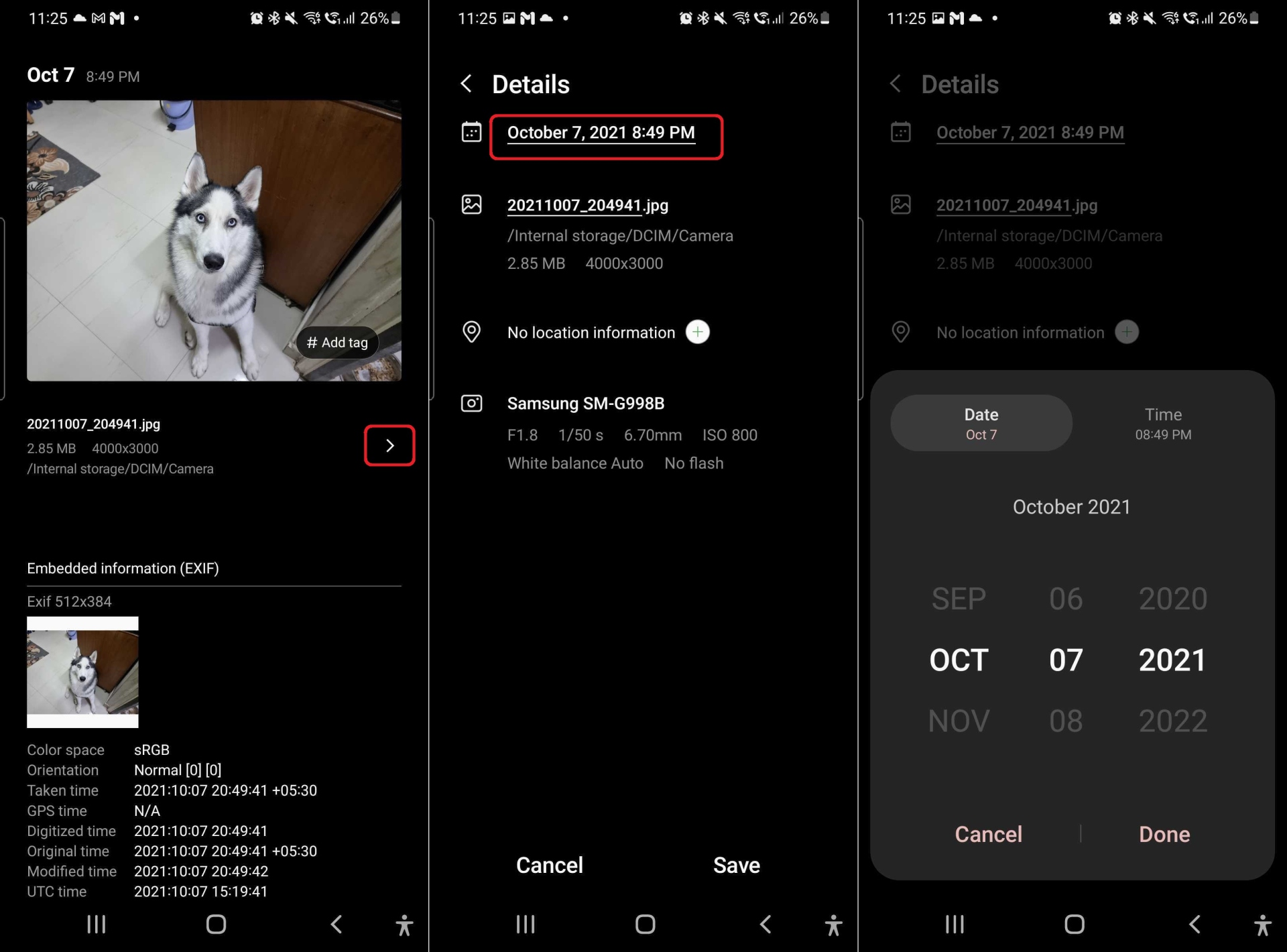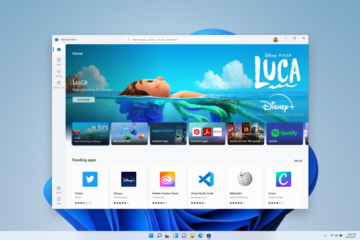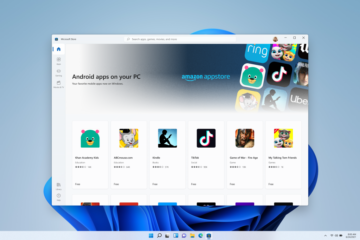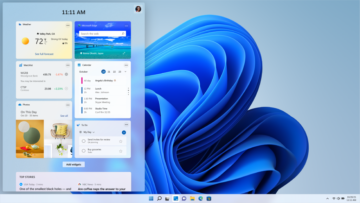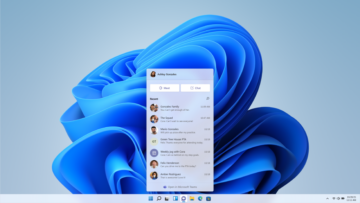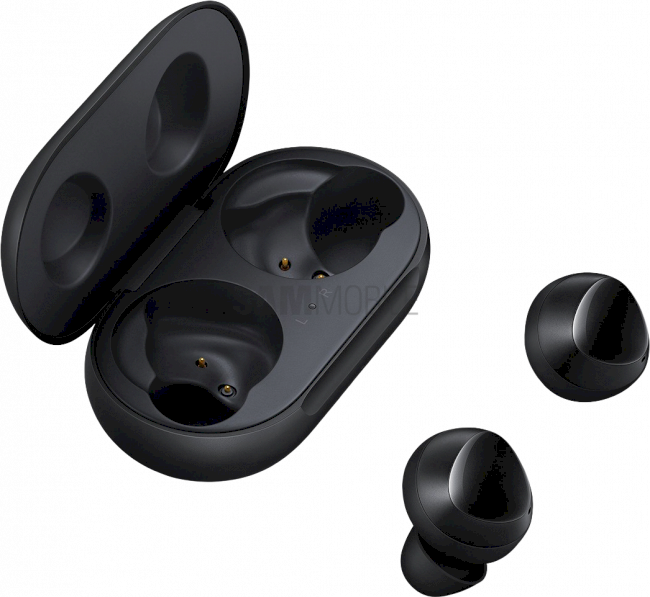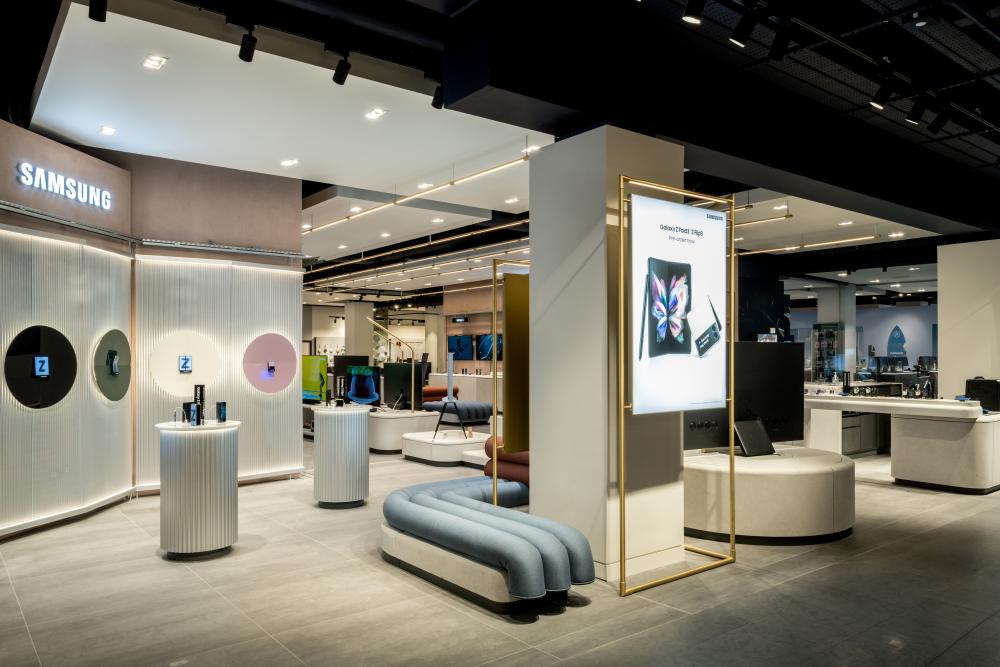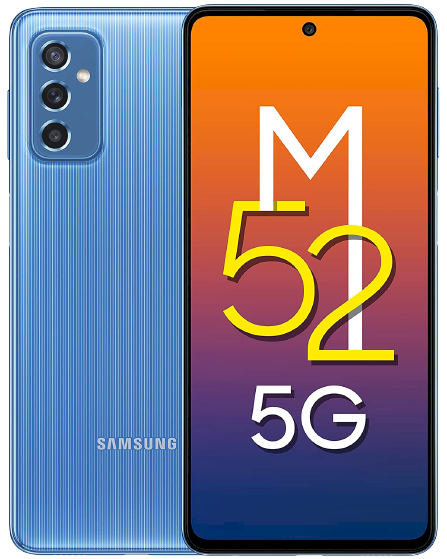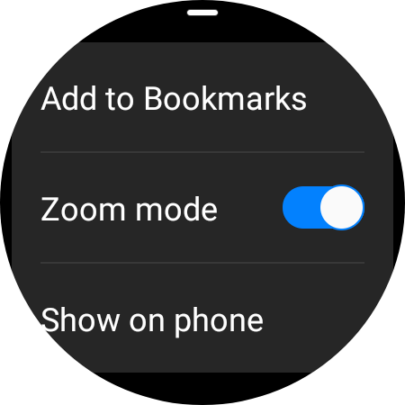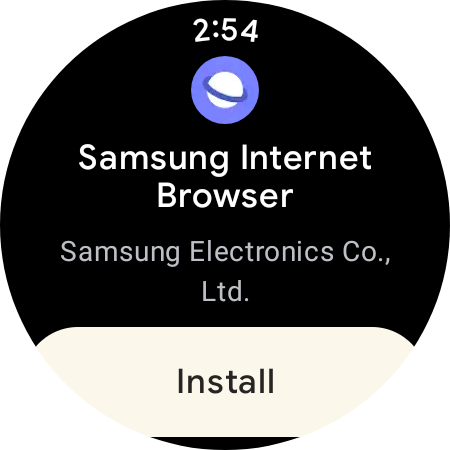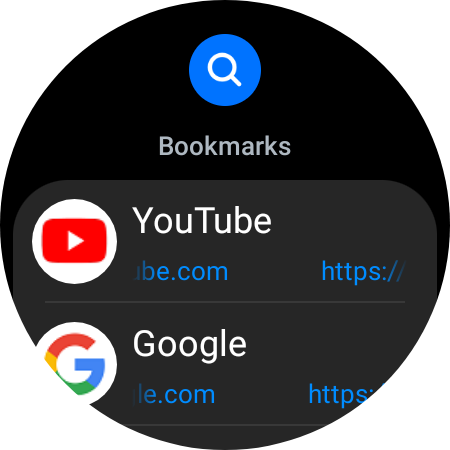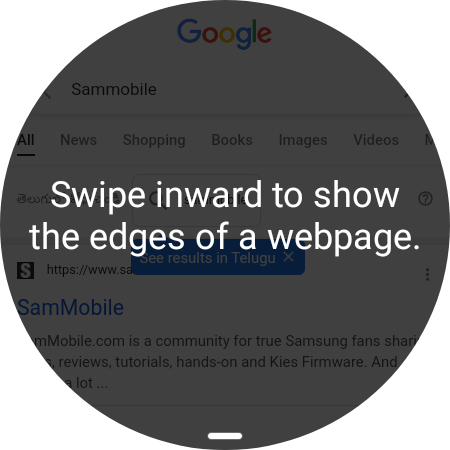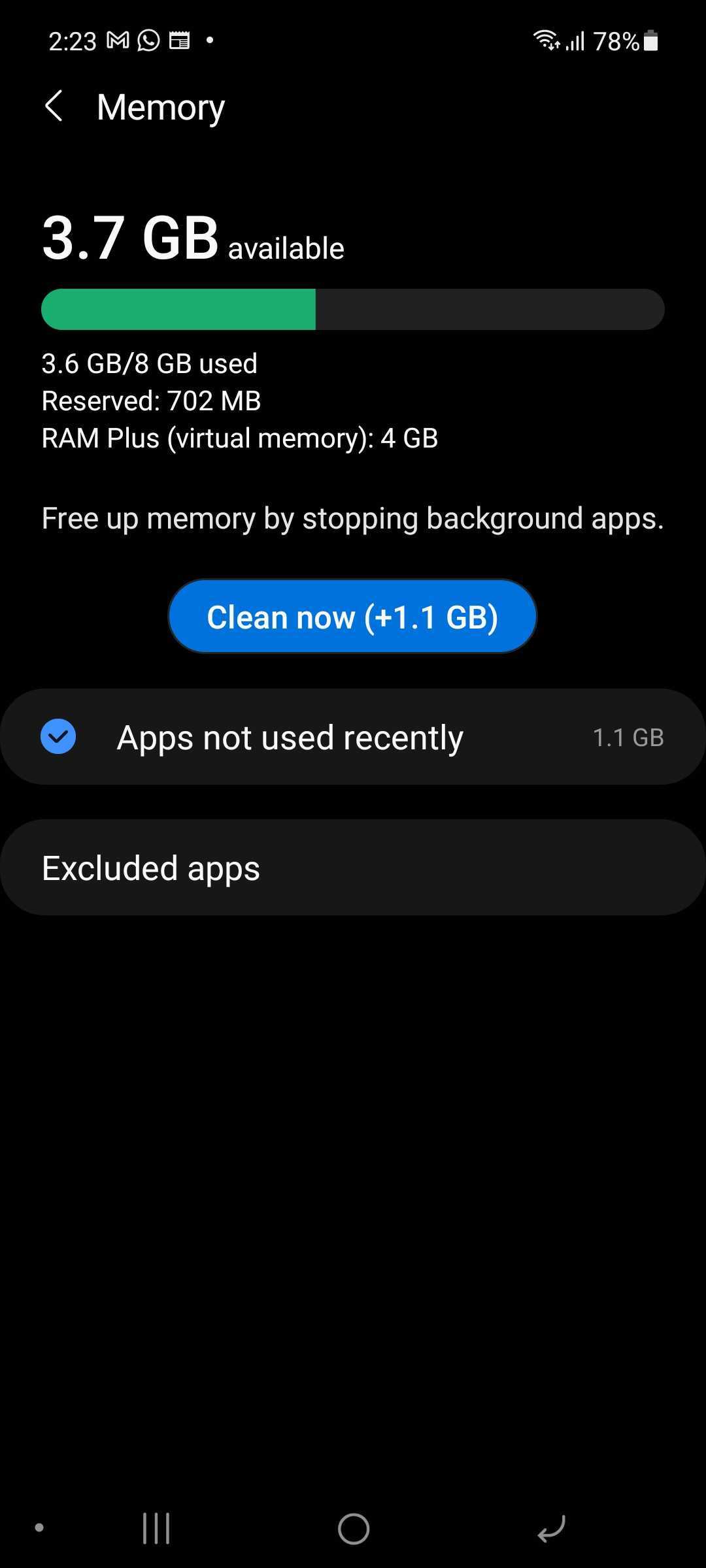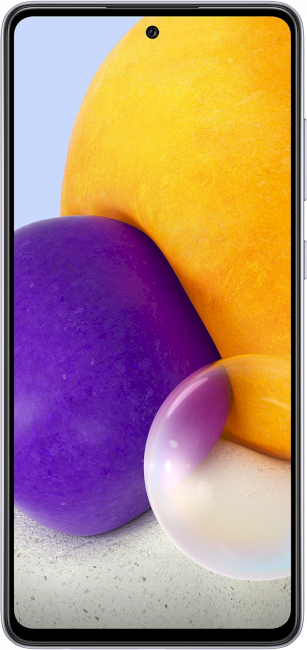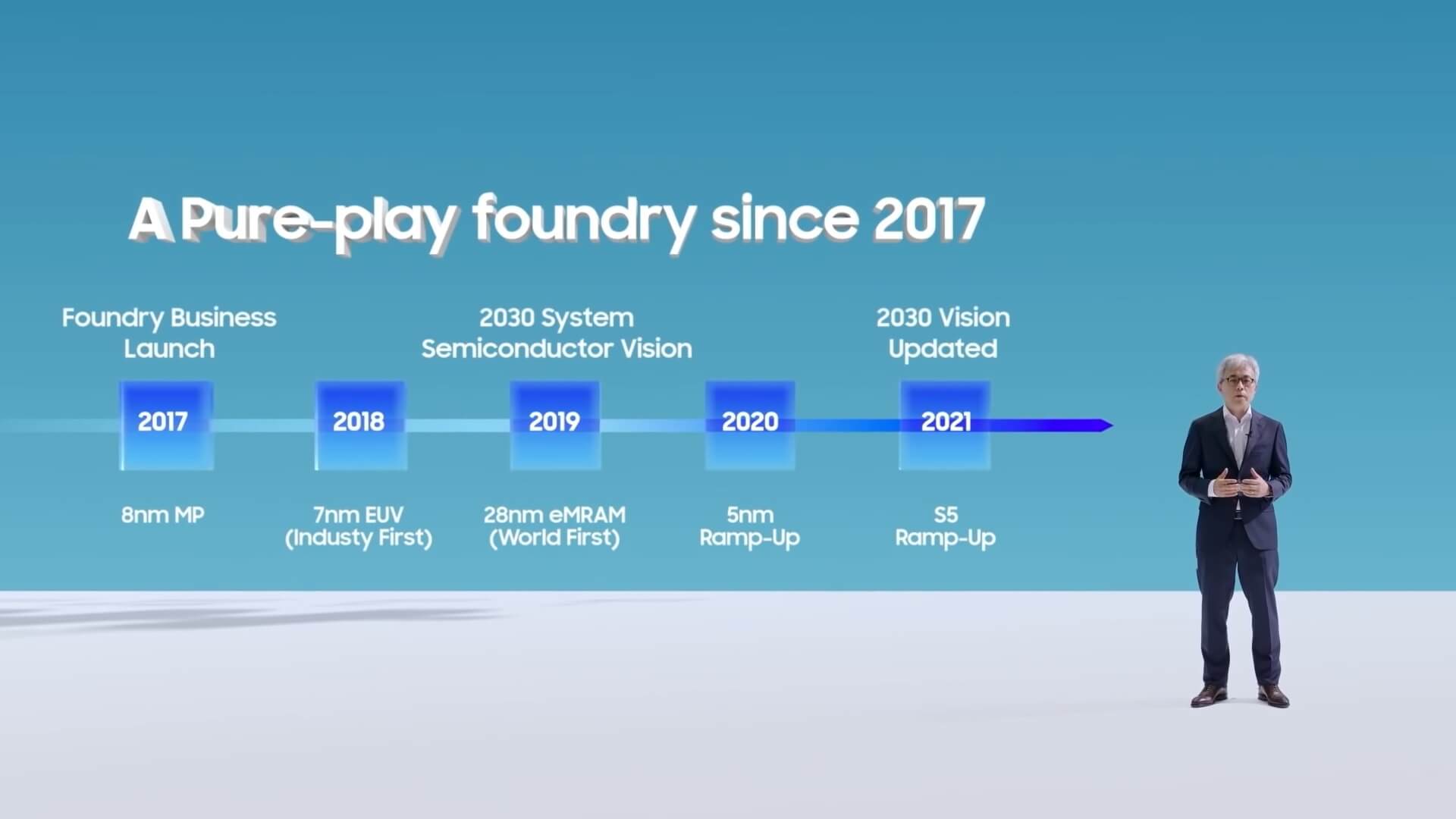Google is getting ready to release its new Pixel 6 series of smartphones in less than two weeks from now — on October 19, to be precise. The company is expected to launch two Pixel 6 models — a regular one and a Pro — and they both generated quite a bit of hype in the world of Android for a few reasons, one being the new 5nm Google Tensor chipset.
For Samsung, Google is both an ally and a rival, and although Samsung benefits from this friendship through Android OS, the Pixel 6 lineup will inadvertently compete with Samsung’s flagship phones. The question then is, should Samsung worry? Is the Pixel 6 series poised to outshine all other Android smartphones, including Samsung’s? Or will the new Pixels co-exist much like previous models did over the years? Let’s have a closer look at what the Pixel 6 is about and whether it’s a threat to Samsung.
Pixel 6 series has more Samsung DNA than the 2011 Galaxy Nexus
The Pixel 6 series will be Google’s first to feature a unique chipset called Tensor. Naturally, the company is generating hype around its first-ever smartphone to feature a chipset designed in house, but performance levels are pending. More to the point at hand, the Tensor chip was co-developed by Samsung and manufactured on a 5nm process. It shares its codename — Whitechapel — with the unreleased Exynos 9855 SoC from Samsung.
In other words, unlike the old 2011 Galaxy Nexus, which was developed in collaboration with Google and had a chipset from Texas Instruments, the Pixel 6 series is powered by an SoC manufactured by Samsung. More so, it could have Exynos-like characteristics.
The chipset isn’t the only component Google is getting from Samsung. Leaks point out to the Pixel 6 featuring the 50MP ISOCELL GN1 sensor, which was unveiled in February this year. And of course, the Pixel 6 has a Super AMOLED panel with a refresh rate of 120Hz, which was likely supplied by Samsung Display.
All of this means that the Google Pixel 6 series might not be able to outshine Samsung’s Galaxy flagships at the hardware level, given the fact that Samsung is supplying said hardware. So, not only is the Korean tech giant safe in this regard, but should also make a profit off of supplying Google with parts.
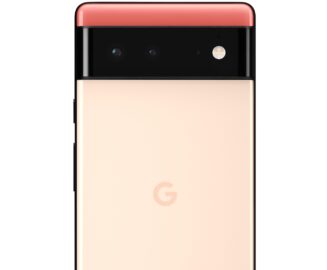
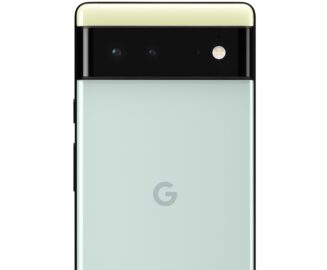
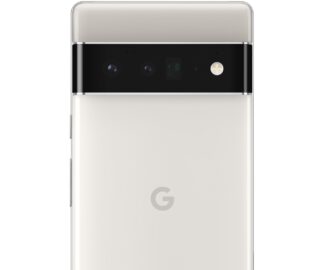
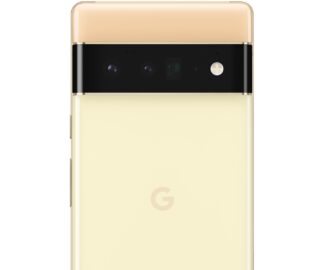
What should Samsung be wary of?
Android 12 and Google’s camera software. When it comes to Pixel phones, a pure Android OS experience and a solid underlying camera software are what Google customers expect.
The Pixel 6 duo will of course run Android 12 at launch, and while the majority of Samsung fans prefer One UI, there are a lot of Android smartphone users who would rather have the experience offered by Google’s Android OS without alterations. The Pixel 6 series will deliver the best Android 12 experience for these customers. These flagships will also get a head start over the Galaxy S21 lineup regarding the availability of Android 12, although Samsung will likely release a stable One UI 4.0 firmware by the end of 2021.
And finally, while the Pixel 6 might have a Samsung ISOCELL GN1 main camera, there’s more to mobile photography than just the primary sensor. Google’s underlying camera software is quite stellar, and it might be enough to give the Pixel 6 series what it needs to outperform anything Samsung has.
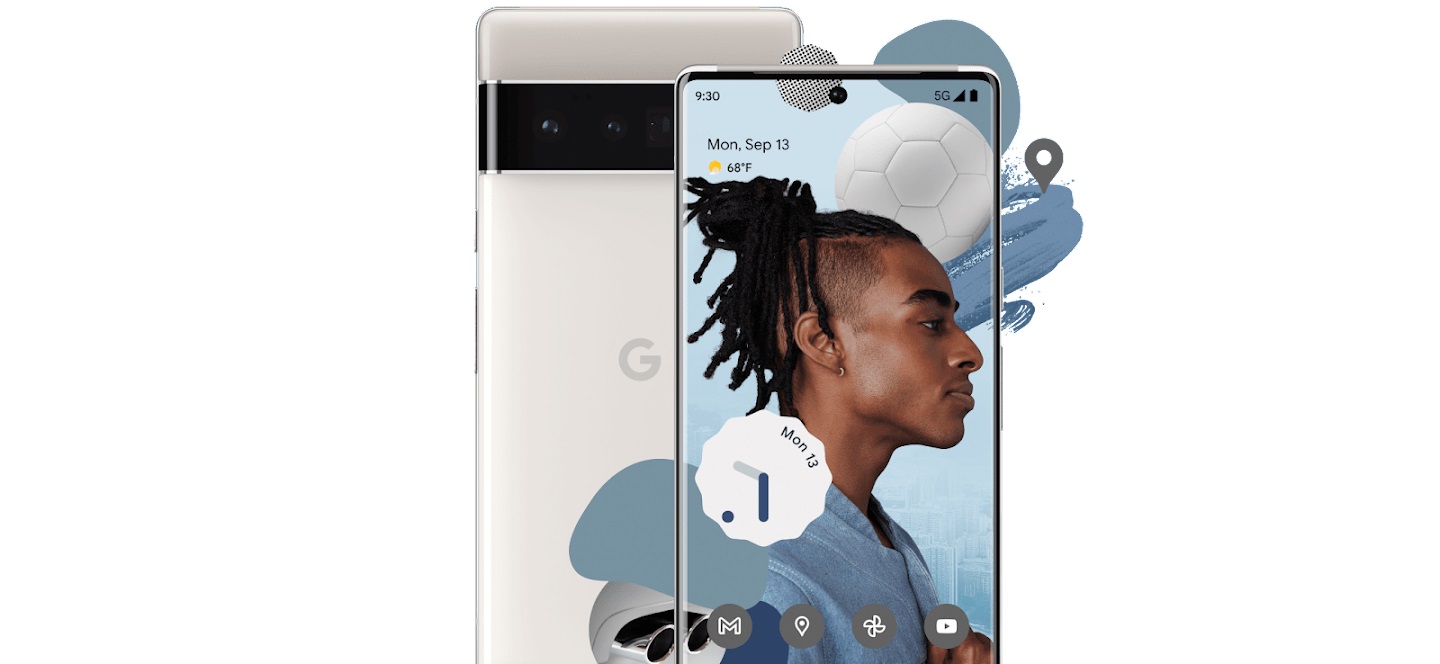
What should Google be wary of?
Official prices are unknown, but rumors floating around the web suggest that the Google Pixel 6 phones might be more expensive than the previous models, to the point where they could match the Galaxy S22’s launch prices. Time will tell, but if true, Google will lose one of its key advantages and give prospective buyers a good reason to consider what Samsung has to offer instead.
Then there’s the fact that the Pixel series never matched Samsung in terms of market reach. The Pixel 6 won’t be available for purchase from Google in most countries, and usually, this means that retailers will drive prices up somewhat. Simply put, Samsung Galaxy is the biggest Android smartphone brand in the world, and even if we assume that the Pixel 6 series will be extremely popular in the USA and a few other key markets, Google simply won’t be able to match Samsung’s global market reach.
Google should also be wary of Samsung’s own efforts in the software department. One UI 4.0 exists on top of Android 12 but adds extra features many people love, and Samsung is striving to develop a more powerful ecosystem.
As for hardware, well, Samsung has two incredible brand-new foldable phones. Google is reportedly planning to release a foldable phone of its own next year, but as yet, Samsung still doesn’t have any competition in this segment. The Pixel 6 duo certainly won’t appeal to foldable phone enthusiasts.
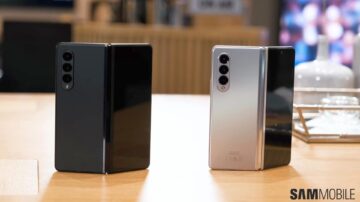
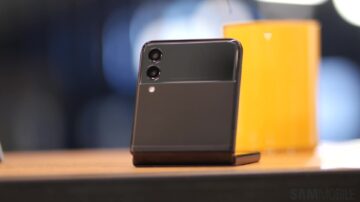
And finally, Samsung has the S Pen, and it’s the only smartphone manufacturer to have such a solid software experience built around this accessory. The company did skip on the Galaxy Note 21 series, but recent leaks indicate that the upcoming Galaxy S22 Ultra will have a dedicated S Pen slot. It will also be released after the Google Pixel 6, with Android 12 out of the box, and it will most likely outperform the Google lineup in regards to raw performance and features.
So, should Samsung be worried about the Pixel 6 series? I don’t believe it should, but then again, the company shouldn’t underestimate Google’s new approach either. That Exynos-like Tensor chip might be exactly what the Pixel series needs to gain more popularity, and of course, Samsung should always be wary of Google’s efforts in the camera software department.
Join SamMobile’s Telegram group and subscribe to our YouTube channel to get instant news updates and in-depth reviews of Samsung devices. You can also subscribe to get updates from us on Google News.
The post Should Samsung fear Google’s upcoming Pixel 6 smartphone series? appeared first on SamMobile.
from SamMobile https://ift.tt/3oHCHht
via
IFTTT




